Germany’s pro-Armenian attitude behind the scenes have come to the open in recent times. Especially in 2015, the centennial of the events of 1915, the number of statements against Turkey have increased.
As it is known, a parliamentary session to commemorate the centennial of the events of 2015 was held in the German Federal Parliament (Bundestag). In his opening speech, the President of the Bundestag Norbert Lammert said, "What happened before the eyes of the world in the Ottoman Empire during the First World War was a genocide."[1] Many lawmakers from the coalition and the opposition also made statements characterizing the 1915 events as ‘genocide’. Also a motion saying “The fate of the Armenians serves as an example of the history of mass extermination, ethnic cleansings, expulsions and ultimately the genocides that so dreadfully characterized the 20th century" prepared by coalition parties was submitted to the parliament but was not agreed on due to the opposition finding it unsatisfactory and disagreements on the wording.[2] A new motion characterizing the events of 1915 as ‘genocide’ is expected to be voted again sometime this year.
Unfortunately, this anti-Turkish attitude is also reflected in Germany’s highest office. Also known for his past harsh criticisms against Turkey, German President Joachim Gauck attended a mass commemorating “the genocide of Armenians, Assyrians and Pontic Greeks” held at the Berlin Cathedral on 23 April 2015 and described the 1915 events as ‘genocide’.[3]
Moreover, Germany also expresses its biased views to its neighbors as well as in the EU organs where Germany assumes a lead. In her speech on European Parliament’s Resolution Regarding the 2014 Progress Report on Turkey, the fact that EPP member and German MEP Renate Sommers labeled 2015 as the jubilee year of Turkey with regard to the EU is one of the latest examples of this.[4]
The fact that a majority of Turkish writers and historians who support the Armenian views originate from Germany or Germany-based institutes is also a significant detail to take into consideration.
Probably with a view to impeding Turkey’s EU membership process, Germany’s opposition against Turkey and Turkish views regardless of the feelings and views of the Turks in Germany damages relations between both countries and communities. It is our earnest hope that Germany will abandon its anti-Turkish approach in its domestic and foreign policy, will give the priority to developing relations between both countries and treat the Turks in Germany in a manner taking their sensitivities into consideration. However, a recent development aggravate the concerns that these hopes are not to materialize in the near future.
On 22 November 2014, Tuğçe Albayrak, a 22-year-old student of Turkish descent was attacked and fatally injured by a Serbian while defending two teenage girls who were being harassed by a group of men and died while in coma on November 28, 2014. A petition signed by more than 300,000 thousand people calling for the German President to posthumously award her the Federal Order of Merit for her courage.[5] However a statement from the President’s office said that Joachim Gauck was deeply saddened by the death of Tuğçe Albayrak but detailed examinations showed that the necessary requirements was not met to award her the Order of Merit.[6] Considering the fact a German by the name of Dominik Brunner was posthumously awarded the Order of Merit after he was killed in a similar situation in 2009, one cannot help but wonder: if this case involved a person of German or Armenian heritage instead of Tuğçe Albayrak, would Gauck have taken the same decision?
© 2009-2025 Center for Eurasian Studies (AVİM) All Rights Reserved
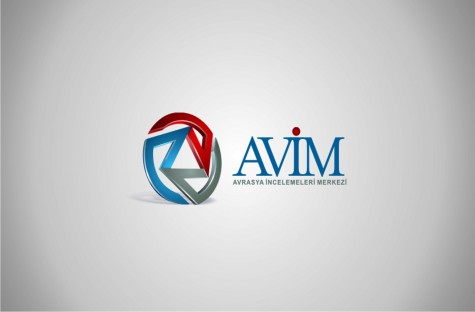
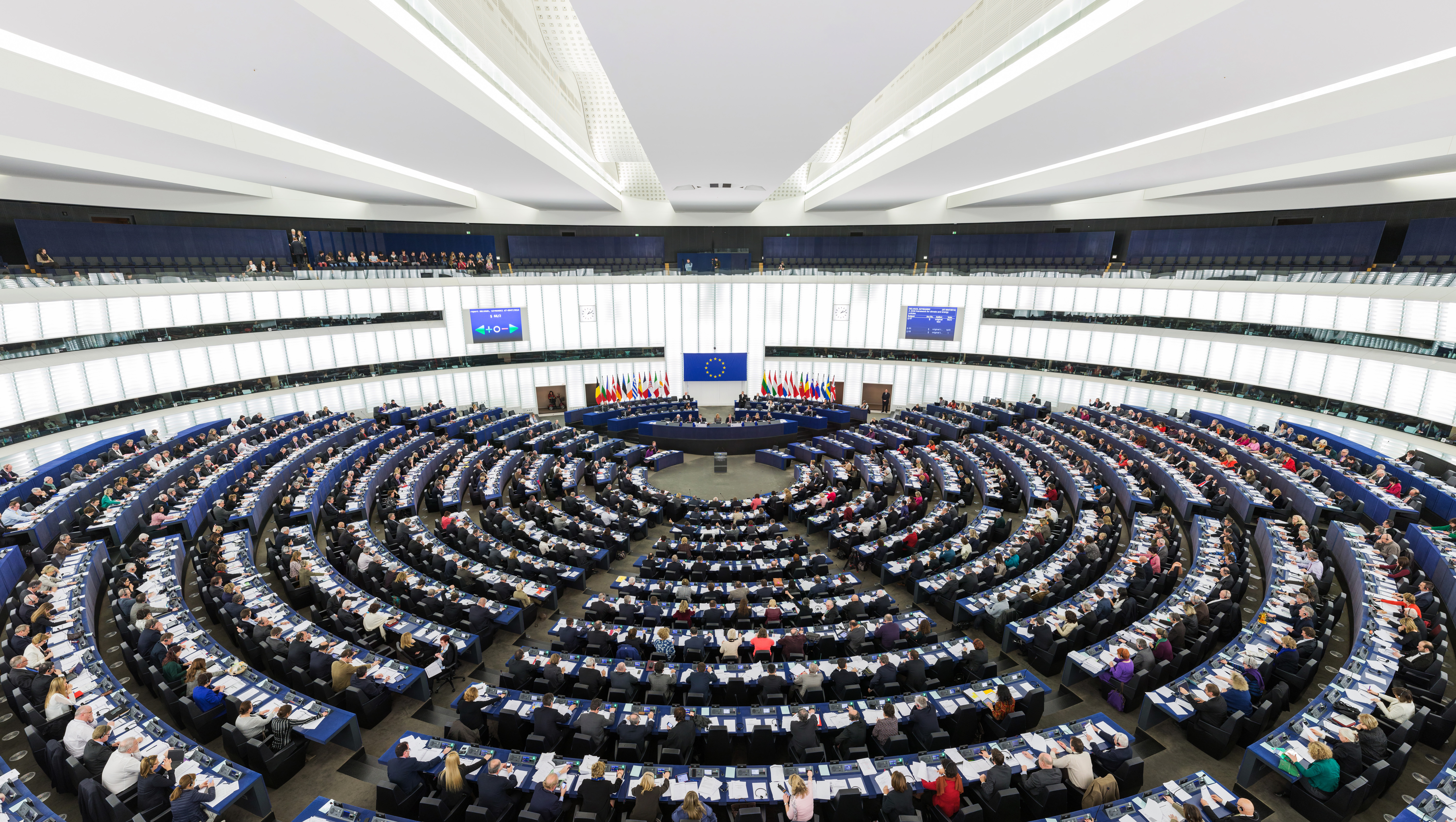 THE EUROPEAN PARLIAMENT AND ITS RESOLUTION ON THE 2015 PROGRESS REPORT ON TURKEY
THE EUROPEAN PARLIAMENT AND ITS RESOLUTION ON THE 2015 PROGRESS REPORT ON TURKEY
 ARMENIA ON IRAN’S PATH TO THE GULF
ARMENIA ON IRAN’S PATH TO THE GULF
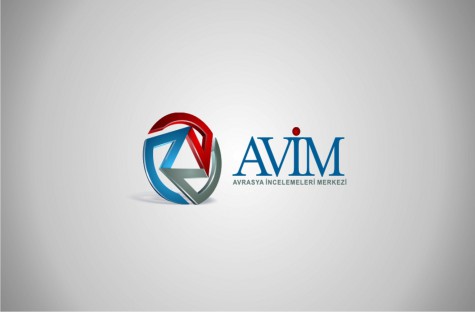 SERZH SARGSYAN’S RECENT CONTACTS WITH THE EUROPEAN PEOPLE’S PARTY
SERZH SARGSYAN’S RECENT CONTACTS WITH THE EUROPEAN PEOPLE’S PARTY
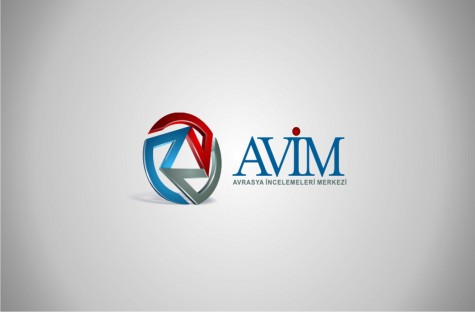 ARMENIA’S PROPAGANDA PROJECT IN EUROVISION 2015
ARMENIA’S PROPAGANDA PROJECT IN EUROVISION 2015
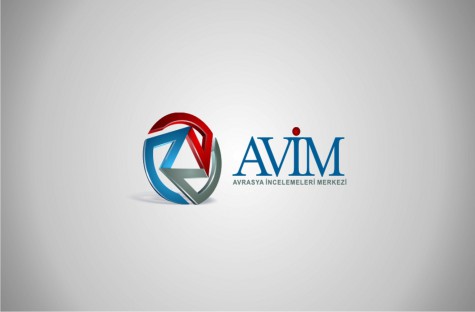 EU TO START NEW NEGOTIATIONS WITH ARMENIA ON A NEW AGREEMENT
EU TO START NEW NEGOTIATIONS WITH ARMENIA ON A NEW AGREEMENT
CENTER FOR EURASIAN STUDIES (AVİM) HELD A BRAIN-STORMING MEETING ON THE TOPIC “ EURASIAN PERSPECTIVES- THE VIEWS FROM KAZAKHSTAN AND TURKEY”.
 WHERE DO ARMENIA AND ARMENIANS GO WRONG – A NEW YEAR’S WISH
WHERE DO ARMENIA AND ARMENIANS GO WRONG – A NEW YEAR’S WISH
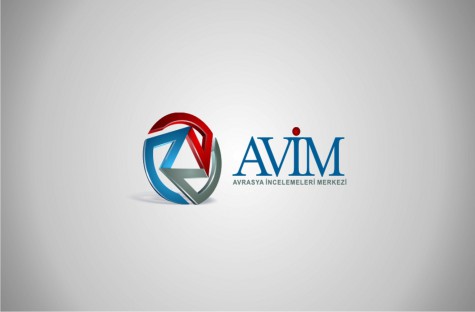 JOINT STATEMENT OF THE CO-CHAIRS OF THE MINSK GROUP ON PEACE IN NAGORNO-KARABAKH
JOINT STATEMENT OF THE CO-CHAIRS OF THE MINSK GROUP ON PEACE IN NAGORNO-KARABAKH
 ONGOING TENSIONS IN THE SOUTH CAUCASUS
ONGOING TENSIONS IN THE SOUTH CAUCASUS
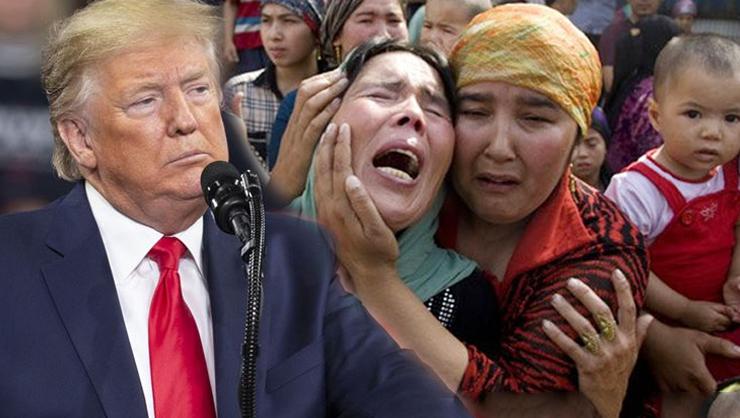 US PRESIDENT TRUMP’S DECISION TO IMPOSE SANCTIONS AND UIGHUR TURKS
US PRESIDENT TRUMP’S DECISION TO IMPOSE SANCTIONS AND UIGHUR TURKS




























